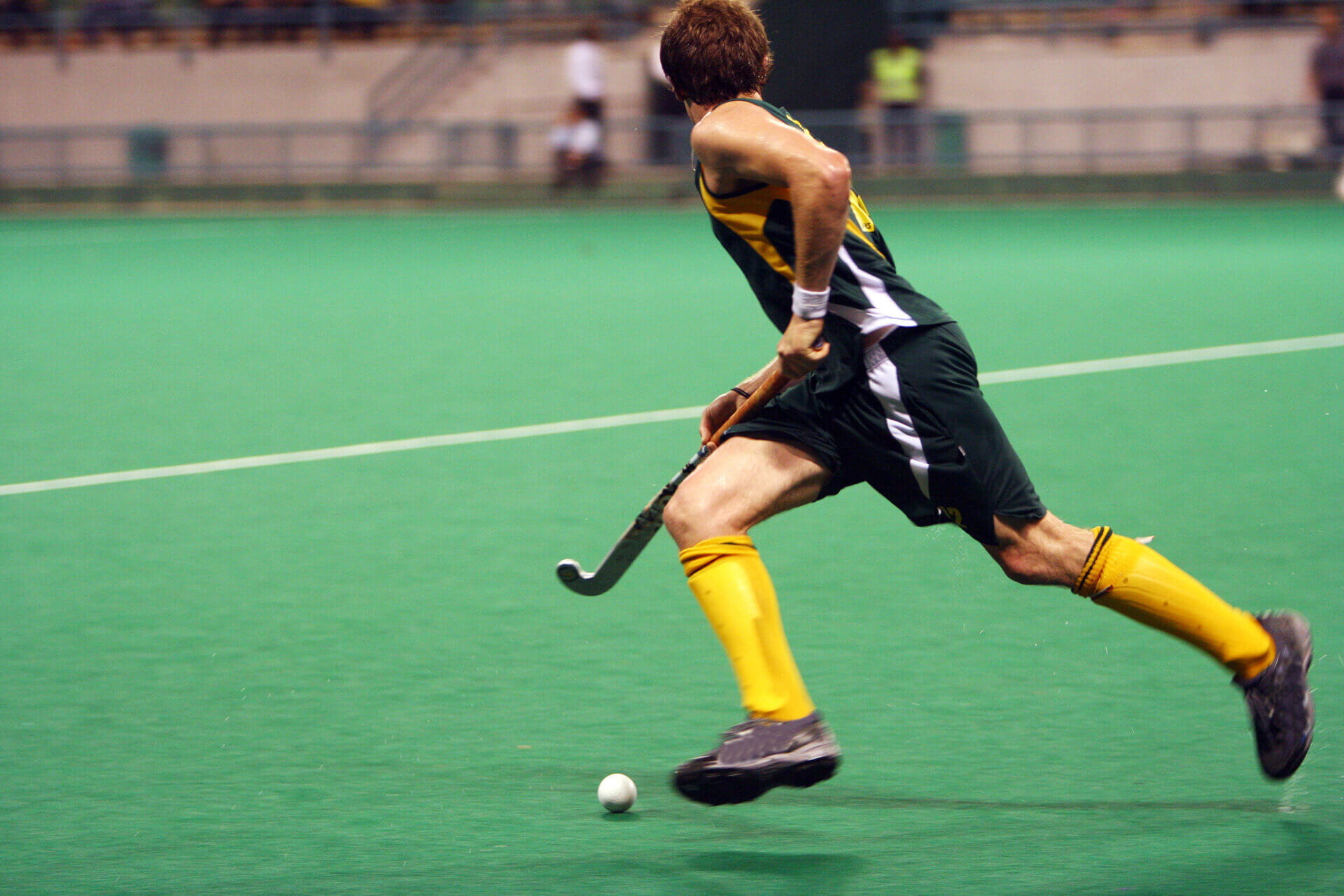Field hockey, often simply called hockey, is a fast-paced team sport where the goal is to score by getting a small, hard ball into the opposing team’s net, with the help of a goalkeeper.
This Olympic sport features teams of 11 players each, and Australia has a strong tradition in it, with both men’s and women’s teams consistently vying for gold medals.
One of the sport’s memorable moments was Jamie Dwyer’s golden goal in the Athens 2004 Olympics, where his penalty corner strike secured the gold for Australia.
In Australia alone, over 125,000 players are registered to play hockey regularly.
However, with the excitement of the game comes the risk of injury.
Statistics show that there are 108 injuries per 100,000 players, and about 15 injuries per 1,000 playing hours in community hockey.
On average, each team experiences an injury every three games and four training sessions, with a higher likelihood at the start of the season.
Notably, injuries are twice as common during games compared to training.
Common injuries in hockey
Hockey players face several types of injuries, including:
- Direct contact from the ball: The hard ball can cause bruises or impact injuries.
- Body-to-body contact: Collisions with other players can lead to injuries.
- Running and sudden movements: Quick changes in direction or speed can strain muscles.
Factors increasing injury risk
Certain factors can increase the risk of injury in hockey:
- Lack of protective equipment: Inadequate gear can leave players vulnerable.
- Poor cardiovascular and strength conditioning: Insufficient fitness can lead to increased injury risk.
- Previous injuries: Past injuries can make players more susceptible to new ones.
Reducing injury risk
To minimise injury risk, players can focus on:
- Sport-specific training programs: Tailored workouts can improve performance and safety.
- Excellent stamina and fitness: Good overall fitness helps in managing the demands of the game.
- Regular physical activity: Staying active outside of hockey supports overall health and resilience.
Physiotherapy’s role
Recent media attention has highlighted injuries in hockey, such as Australian player Matt Dawson’s dramatic decision to amputate his finger to continue competing in the Paris Olympics.
While such acute injuries grab headlines, overuse injuries are also significant.
These can develop gradually and may lead to lengthy recovery times if not managed properly.
Hockey midfielders, for example, can run up to 9 kilometres per game.
This high level of activity necessitates strong cardiovascular fitness and muscular strength.
When muscles become fatigued, the risk of injury increases due to changes in movement patterns.
This is where physiotherapy plays a crucial role.
Qualified physiotherapists can help players by:
- Providing accurate diagnoses and treatment plans: Post-injury assessments ensure proper management.
- Developing sport-specific training programs: Focused on strengthening legs and core to enhance stability and power.
- Preventing injuries: By addressing weaknesses and imbalances before they become problems.
At Lifecare, our experienced physiotherapists are equipped to support hockey players through tailored training programs and injury management strategies.
By focusing on overall body strength and specific muscle groups, players can improve their performance and reduce their risk of injury.

